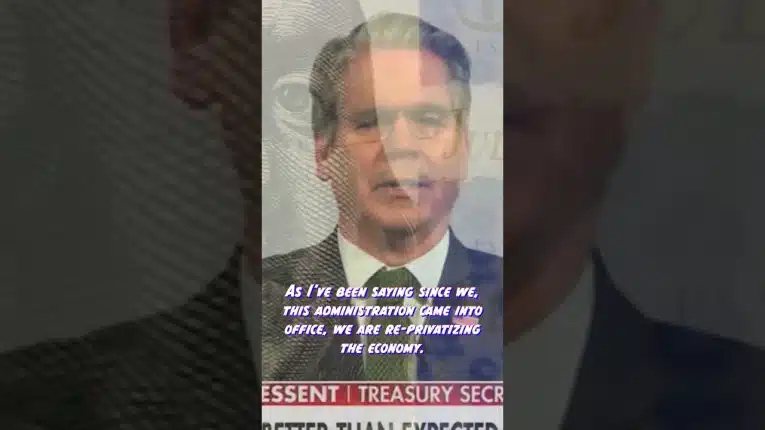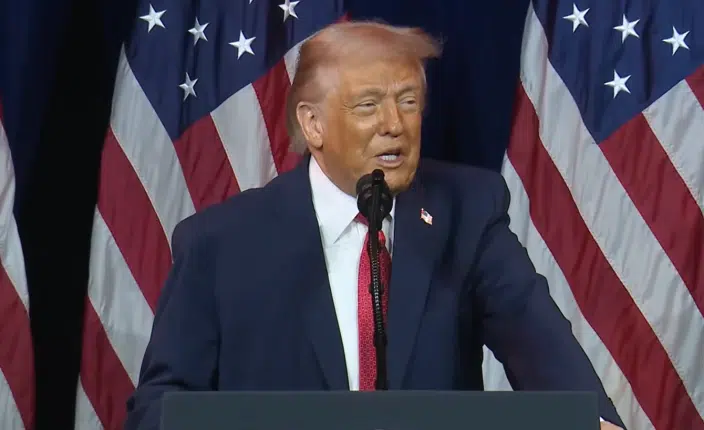By Rick Manning
The European Union succumbed to pressure from its candy industry and foreign sugar exporters to unilaterally end sugar subsidies in 2006 with the promise that consumers would be the big winners, an argument that is all too frequently heard in the halls of Congress. Now, with the benefit of hindsight, the EU experiment can be put to rest as an abject failure.
A series of studies by Patrick Chatenay, the President of ProSunergy (UK) Ltd, conducted over the past thirteen years have shown that while initially prices did go down as foreign subsidized sugar flooded the market, as the European sugar producers were wiped out, prices climbed by 2012 to, “10% above what they were before the reform. As any business manager will tell you, additional risk entails additional costs. Since the end of 2010, the EU sugar market has been characterized by high and volatile prices, and a shortage of supplies – thus mirroring world market gyrations. The sugar users who lobbied hard for the reform – companies such as Nestle, Coca-Cola and Kraft – are complaining just as loudly as before.”
The job costs in the first six years of the disastrous experiment totaled 120,000, as the unilateral action caused 83 sugar mills to close across the continent.
Because Newton’s Third Law of Physics, for every action, there is an equal and opposite reaction, seems to apply to political swings, the European Union’s reaction to the job losses and the new dependency upon foreign sugar exporters was equally catastrophic as the EU put sugar subsidies back in place to the tune of $665 million a year in 2015.
To make matters even worse, Chatenay reports in a newly released report titled, “The European Union Sugar Industry at World Market Prices” that the remaining, weakened European sugar producers are continually pressured by an approximately 20 percent drop in prices which Chatenay predicts will lead to an additional “10 to 20 sugar (EU) factories closing within 5 years…”
Shockingly, or perhaps not, while the sugar producers are getting crushed in the system wrought by the initial unilateral ending of sugar subsidies, Chatenay identifies the large industrial sugar buyers as huge winners having gaining $3.4 billion, “with no discernable advantage” to the consumer.
Pretty sweet deal for Nestle and others, but for European taxpayers and the actual people who grow and process European sugar, it has been a nightmare with the consumer seeing little to no benefit.
While this outcome probably doesn’t surprise anyone who pays attention to corporate cronyism in America, there is a better, smarter path to ending sugar and other agricultural subsidies using the basic trade rule of seeking international reciprocity rather than engaging in the unilateral dropping of government subsidies.
Representative Ted Yoho, (R-Fla.) has legislation known as Zero for Zero, through which the U.S. government would end sugar subsidies upon the President certifying that other countries had done the same. By providing up front Congressional action, U.S. government representatives will have a powerful negotiating tool to gain reciprocal actions from other sugar exporting nations.
It is time for conservatives to rally behind the Zero for Zero plan as it provides a rational road toward ending subsidies without destroying U.S. sugar producers due to unfair trade practices.
And President Trump with his emphasis on establishing fair, reciprocal trade agreements with economic partners around the globe is the right person to end sugar and many other agricultural subsidies if Congress will just take the bold step of giving him the cudgel of already approved sugar subsidy elimination contingent upon our trading partners doing the same.
Europe tried the unilateral approach and the only beneficiaries were heavily subsidized foreign sugar producers like Brazil and industrial sugar buyers who raked in billions at the expense of farmers and more than 100,000 jobs, while the consumer saw little to no benefit.
It is time for Congress to get smart, learn from the mistakes of the EU, and adopt the Yoho bill. Let’s give President Trump the tool he needs to end sugar subsidies, while keeping America’s farmers strong and competitive.
Rick Manning is the President of Americans for Limited Government.







